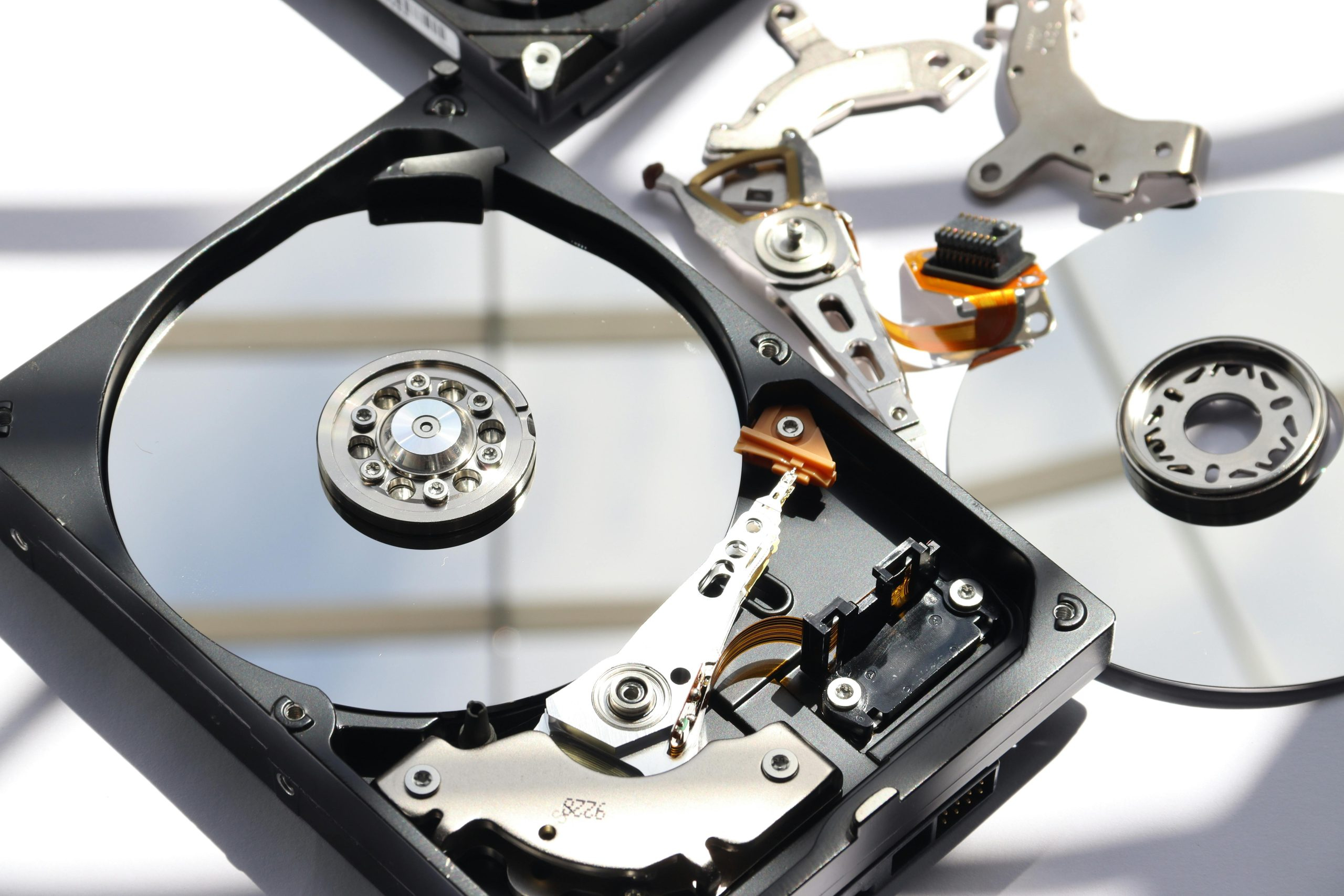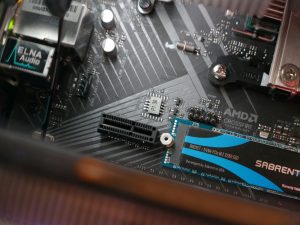How to Choose the Right Storage Solution: SSD Versus HDD
In today’s digital landscape, storing and managing data has become a top priority for individuals and businesses alike. With the vast amount of information being created and consumed every day, the need for efficient storage solutions has increased tremendously. When it comes to data storage, there are two main options: Solid State Drive (SSD) and Hard Disk Drive (HDD). Both have their own unique features and benefits, making it challenging to determine which one is the right choice for your storage needs. In this article, we’ll dive into the world of data storage and explore the differences between SSD and HDD, helping you make an informed decision on which storage solution is right for you.
The Basics of SSD and HDD
Before we delve into the differences between SSD and HDD, it’s essential to understand the basic principles of each drive. A Solid State Drive is a non-mechanical storage device that uses flash memory to store data. On the other hand, a Hard Disk Drive is a mechanical storage device that uses a spinning disk to read and write data. While both drives are used for the same purpose, their internal mechanisms and functionalities are entirely different.
Speed and Performance
When it comes to speed and performance, SSDs are the clear winner. With no moving parts, SSDs can retrieve data at a much faster rate compared to HDDs. The lack of mechanical parts also reduces the risk of failure, making SSDs more reliable in the long run. On the other hand, HDDs tend to be slower, as they need to spin a disk to read and write data. The speed and performance of an SSD translate to faster boot times, increased loading speeds for applications, and overall smoother operation.
Storage Capacity
One area where HDDs have an advantage over SSDs is storage capacity. Due to their mechanical nature, HDDs can store significantly more data compared to SSDs. This makes HDDs the preferred choice for storing large files, such as videos, photos, and games. However, as technology advances, SSDs are catching up, and we’re now seeing SSDs with higher storage capacities becoming more mainstream.
Cost
When it comes to cost, HDDs are a more budget-friendly option compared to SSDs. HDDs have been around for a longer time, and as a result, the price per gigabyte is significantly lower. However, with the increasing popularity and advancements in SSD technology, the price gap is steadily decreasing. Additionally, the overall performance and reliability of SSDs can offset the higher cost in the long run.
How to Choose the Right Storage Solution for You
Now that we’ve covered the basic differences between SSD and HDD let’s explore how to choose the right storage solution for your needs.
Consider Your Usage
One of the crucial factors to consider when choosing between SSD and HDD is your usage. If you primarily use your device for everyday tasks like browsing the internet, sending emails, and using productivity applications, an SSD would be the ideal choice. With faster boot times and application loading speeds, SSDs can significantly enhance your overall user experience. However, if you require large storage capacities for multimedia purposes, an HDD may be a better fit for your usage.
Assess Your Budget
Another factor to consider is your budget. As mentioned earlier, HDDs are a more cost-effective option compared to SSDs. Therefore, it’s essential to assess your budget and determine how much you’re willing to spend on storage. Keep in mind that the cost of an SSD will depend on its storage capacity, with higher capacities being more expensive.
Think Long-Term
When it comes to data storage solutions, thinking long-term can save you from potential headaches and expenses in the future. While SSDs may have a higher upfront cost, their speed, performance, and reliability make them a worthy investment in the long run. On the other hand, if you’re on a tight budget, an HDD may be a more practical option. However, it’s important to keep in mind that HDDs may need to be replaced more frequently than SSDs due to their mechanical nature.
In Conclusion
Choosing the right storage solution for your needs can be a daunting task, but understanding the differences between SSD and HDD can help you make an informed decision. Consider your usage, budget, and long-term goals when choosing between the two, and remember that both drives have their own unique features and benefits. Whether you opt for the speed and performance of an SSD or the storage capacity of an HDD, the key is to choose the solution that best suits your needs and budget.
In conclusion, SSDs offer blazing fast speeds and improved reliability, while HDDs provide larger storage capacities at a lower cost. By considering your usage, budget, and long-term goals, you can determine which storage solution is the right choice for you – SSD or HDD.










